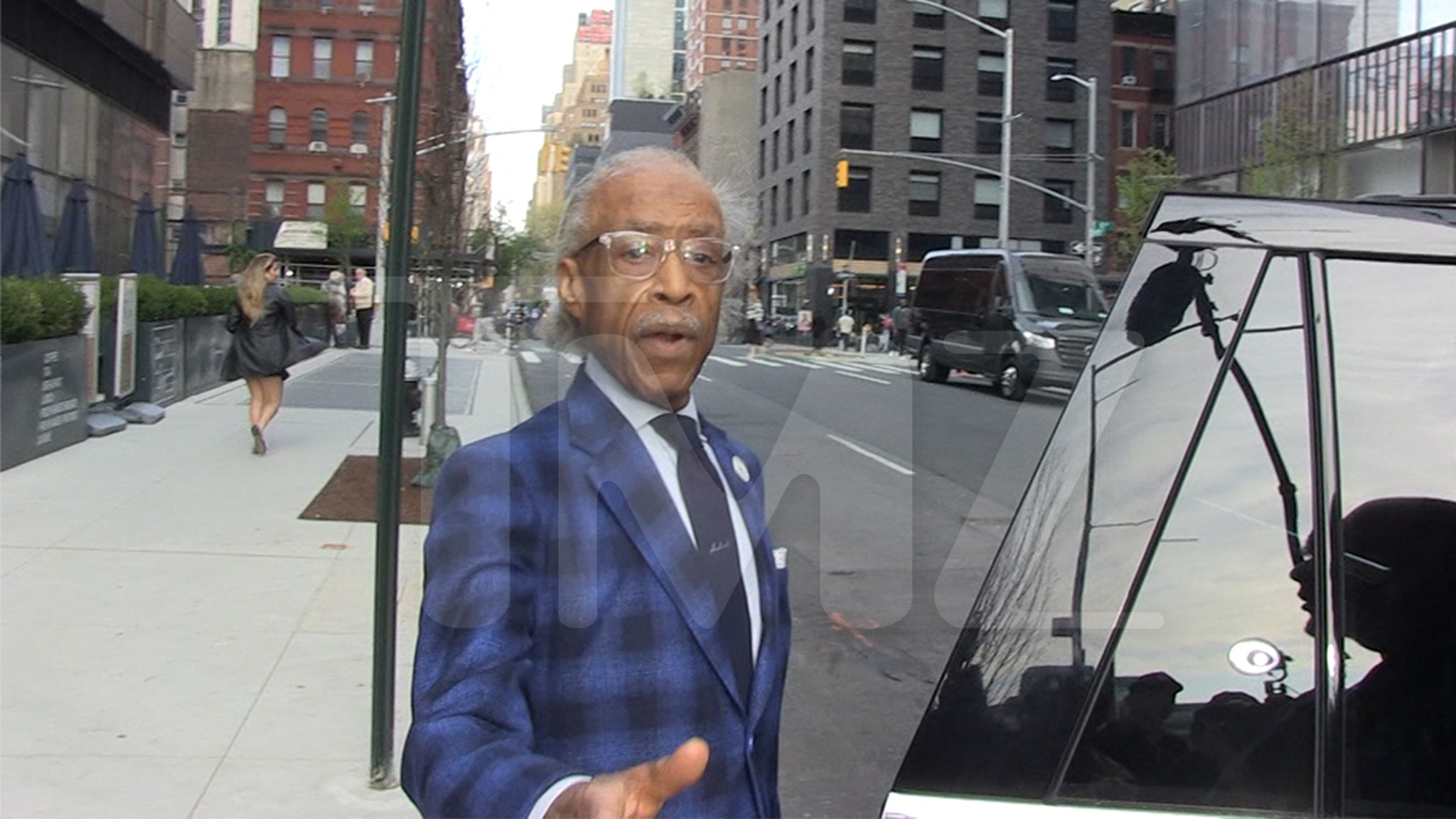Culture
Book Review: ‘Jane Austen’s Bookshelf,’ by Rebecca Romney

JANE AUSTEN’S BOOKSHELF: A Rare Book Collector’s Quest to Find the Women Writers Who Shaped a Legend, by Rebecca Romney
It is a truth universally acknowledged (at least in publishing) that books about books sell well, and, judging by their profusion, that includes those devoted to Jane Austen Inc.
“Jane Austen’s Bookshelf,” by Rebecca Romney, would seem optimized for readers who like to absorb their masterpieces by osmosis. Yet it springs from a place more personal and idiosyncratic than the cozy title might suggest. Put it another way: I certainly didn’t expect to make so many furious notes in the margins.
A longtime dealer in rare books who has made regular appearances on the TV show “Pawn Stars” and who knows her Richardson from her Fielding, Romney had come to believe that Austen was, if not unique among women writers of her time, certainly superior — that her place in the canon must rest at least partly on the relative inferiority of her peers. Then she read Frances Burney, and realized how many writers had not just influenced Austen — but been great in their own right. “In spite of my supposed professional curiosity, I realized I had missed something,” Romney writes. “And it stung.”
Upon discovering just how little she knew of those female writers who informed Austen’s own work — having tacitly fallen into what Katha Pollitt calls “the Smurfette principle,” in which a single archetypal female fills a sort of quota — Romney acts. She amasses the titular collection while using her knowledge of book selling to explore exactly how all these women fell from the canon.
Sleuthing ensues. Tantalizingly little survives of Austen’s letters. But her remaining correspondence and her own novels provide a road map to her literary tastes: the Ann Radcliffe Gothics referenced in “Northanger Abbey,” the scandalous Elizabeth Inchbald play mounted by the houseguests in “Mansfield Park,” the Hannah More sermons against which Austen’s novel-loving heroines rebel. Romney reads through the works of these writers and others, plus a slew of secondary sources, in the process evaluating her own reactions as a 21st-century woman.
Romney is no ordinary reader: She approaches her “investigation” with discipline and zeal. (“No, I won’t stop quoting Holmes,” she writes menacingly — and accurately — of Sherlock.) Also, she wants to read the books in contemporary editions.
The project takes chutzpah, and Romney has it. “Literary trivia is my joy and my currency,” she tells the reader. “Besides the ability to quote the Great Detective in nearly any situation, I can also tell you how many steps led to his flat at 221B; I can recite Sappho in Greek and Horace in Latin; I have participated in public readings of ‘Ulysses’; and I have seriously considered getting a tattoo of a Catullus verse. Yet I had completely missed some of Austen’s predecessors.” (As to my annotations here, I’ll quote Mr. Darcy: “You may imagine what I felt and how I acted.”)
As she knows, she is not the first to take on the subject: Feminist Recovery is an established school. Romney acknowledges her debts to Dale Spender, to Sandra M. Gilbert and Susan Gubar, to Audre Lorde. As for the physical copies, Romney concedes that, in a digital world, this is not the treasure hunt it was even a generation ago.
Indeed, I was less interested in seeing her hot on the case of the Missing Canon or tracking down a first edition of Charlotte Smith’s “Elegiac Sonnets” than I was in watching this one reader learning, and thinking, in real time — as her sometimes reflexive presentism and flippancy (“#notallmen”) give way to a sympathy that extends across centuries. Her narrative bravado evolves to something truer and more genuinely seeking as her confidence in her own reactions increases.
Throughout, Romney gives the reader glimpses into her own story: She describes a conservative Mormon childhood in which she fought against the gender and intellectual strictures even as she learned to value community. For her, these struggles over morality and conduct are not historical abstractions, but a part of her lived experience — and her present. Her passages on overcoming internalized misogyny to appreciate romance novels (via Burney’s “Evelina”) are a small gem of passionate criticism.
“Books are not static things,” Romney writes. “One reason I love reading is that I can examine the emotions it stirs safely from a distance, at my own pace. When I’m rereading, I’m doing that, and more. I’m remembering the emotions of the last read.”
“Jane Austen’s Bookshelf” stirred some emotions of my own. My penciled exhortations in the margins, some of excitement or communion, others of irritation, are in a way a response to Romney’s invitation to join in her intellectual tussling.
Of her own process, she writes, “I underlined. I dog-eared. I argued with the authors at the bottom of the page.” I did the same; and then I hunted down a copy of Charlotte Lennox’s “The Female Quixote” and Hester Lynch Thrale Piozzi’s “Letters to and From the Late Samuel Johnson.” It may be how new canons are formed; it’s certainly how enthusiasms are shared.
JANE AUSTEN’S BOOKSHELF: A Rare Book Collector’s Quest to Find the Women Writers Who Shaped a Legend | By Rebecca Romney | Marysue Rucci Books | 455 pp. | $29.99




























